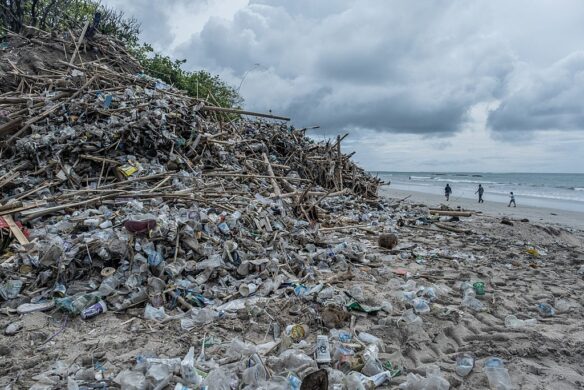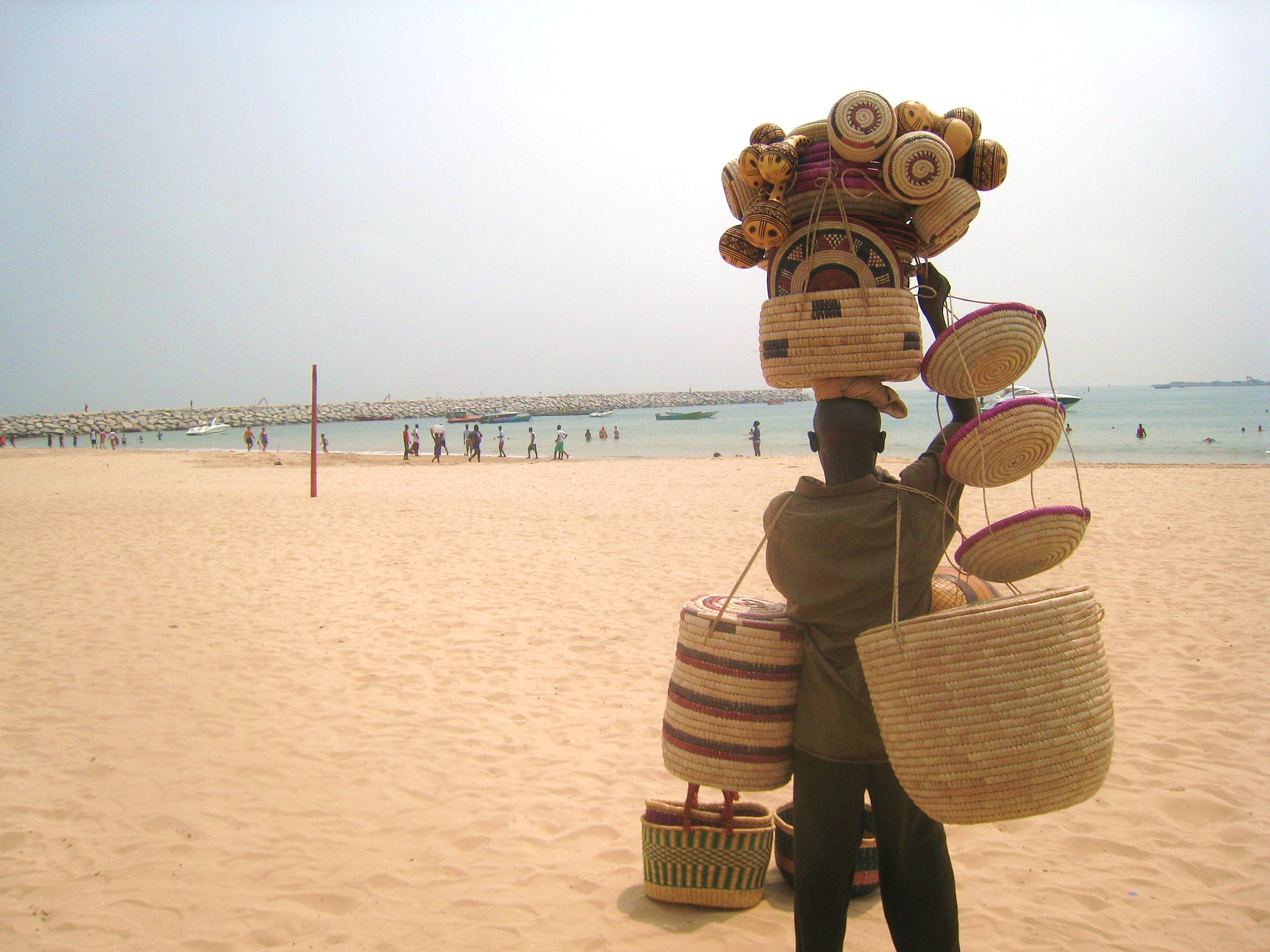Before the rains come this month, living in Lagos can feel like walking around in intense heat while wrapped in a blanket.
And for a city on the Atlantic Ocean with a vast coastline of white sand, it’s the sort of weather that calls for a swim to endure the tropical savanna climate.
But in Nigeria’s commercial capital, there are no free public beaches.
Lagos’s capitalist bent and decisions by city officials mean that many of its 25 million residents can’t afford the simple joy of dipping in the ocean on its many hot days. It’s not that the beaches disappeared — although at least one did. It’s that the ones that are available are no longer free.
Private resorts and developers charge entry fees ranging from 3,500 naira ($2.70) to 60,000 for a single-day pass to access the waterfront, which is unaffordable in a country where millions of poor people are grappling with a cost-of-living crisis or living on less than $1 a day.
These businesses have walled off 76 kilometers (47 miles) of coastline from Lagos toward Epe in the east. While indigenous fishermen in the area can still find a way through, others have to pay a fee.
“Lagos is probably the only city on the West Africa coast where residents can’t go to a public beach without paying,” said Loveth Ifeoma Okafor, a tour agent who organizes budget trips across West Africa, comparing the region’s biggest metropolis to other cities in the Gulf of Guinea such as Takoradi in Ghana, Cotonou in Benin, and Abidjan in Ivory Coast — all of which are known for beautiful, free public beaches.
Nigeria has a poor track record in managing public infrastructure, and a scarcity of funds means that recreation ranks far down the list of spending priorities.
In many cases, the government’s response is to privatize what it struggles to manage, letting private investors take the lead in providing schools, hospitals — and access to the beach.
City officials say private beaches are cleaner, more secure and better managed than they were under government management.
“We have had several engagements with those in charge of the beaches in Lagos to see how we are not just giving unnecessary cost when it comes to accessing the beaches,” said Idris Aregbe, senior aide on tourism to the Lagos Governor Babajide Sanwo-Olu. “But what we currently have in the state compares with international standards, which wasn’t so in the past..”

